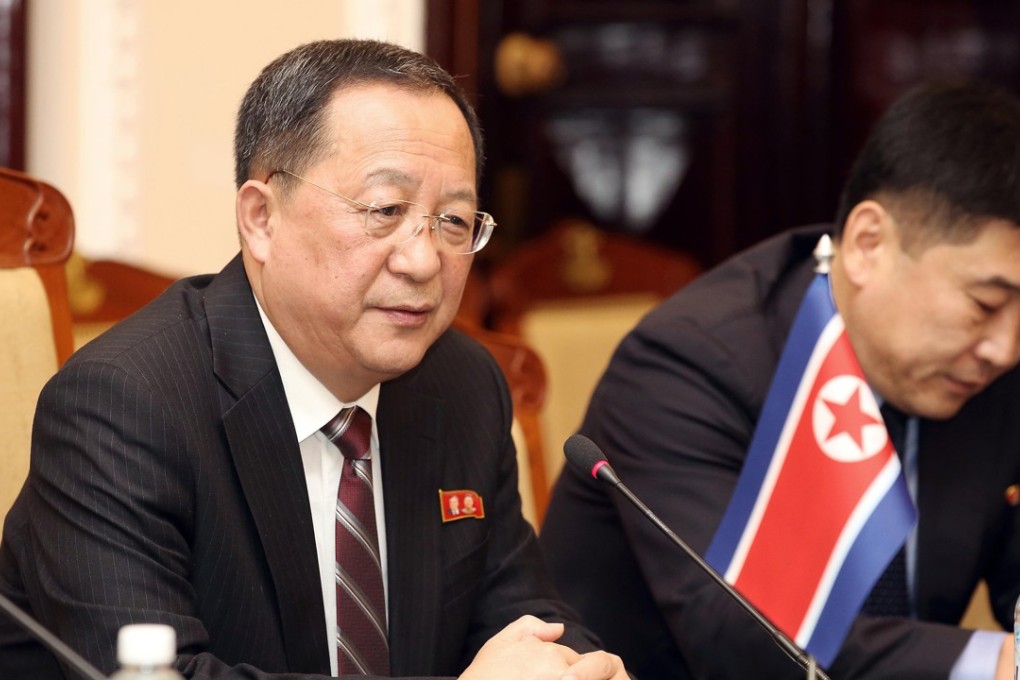Advertisement
After US advice, is North Korea trying to copy Vietnam?
- A high-level meeting raises speculation Pyongyang is looking to emulate Hanoi’s experience of mixing communism and economic reform
Reading Time:3 minutes
Why you can trust SCMP

AS NORTH KOREAN Foreign Minister Ri Yong-ho met Vietnamese Prime Minister Nguyen Xuan Phuc on Friday, speculation was rife that Kim Jong-un had sent Ri to Hanoi to learn tips on economic reform.
While details of the four-day trip are sparse, South Korea’s Yonhap News Agency has described the trip as a fact-finding mission to learn about doi moi, a series of economic reforms initiated in Vietnam in 1986.
Similar to the reforms initiated by former Chinese leader Deng Xiaoping, doi moi, which continues to this day, stresses devolution of economic power under the uninterrupted control of a single party communist state.
Advertisement
Kim, it has been reported in South Korean media, has several times mentioned his desire to emulate Vietnam’s economic model during meetings with South Korean President Moon Jae-in.
US Secretary of State Mike Pompeo has also encouraged Kim to look to Vietnam for inspiration.
Advertisement
Advertisement
Select Voice
Choose your listening speed
Get through articles 2x faster
1.25x
250 WPM
Slow
Average
Fast
1.25x